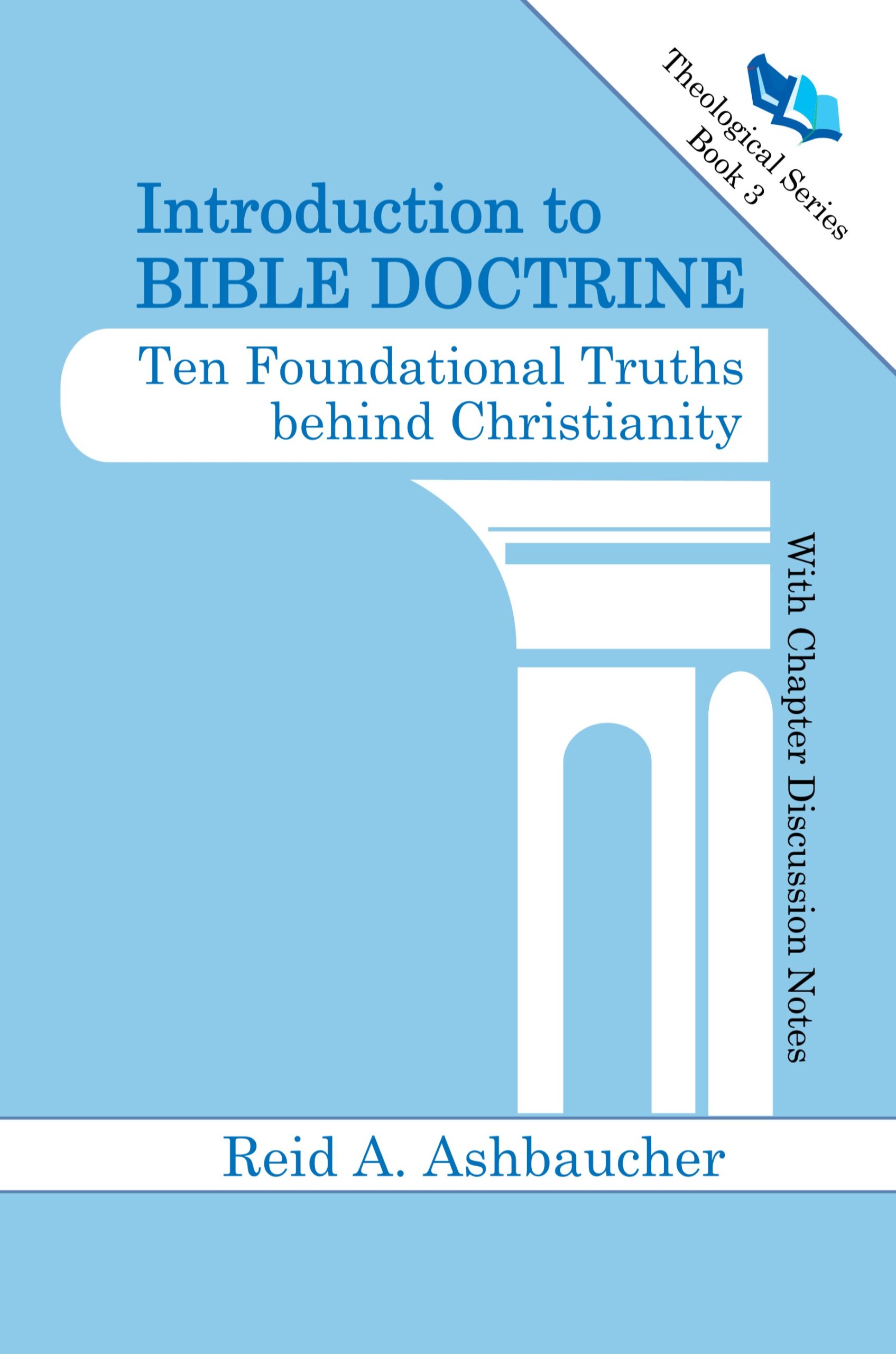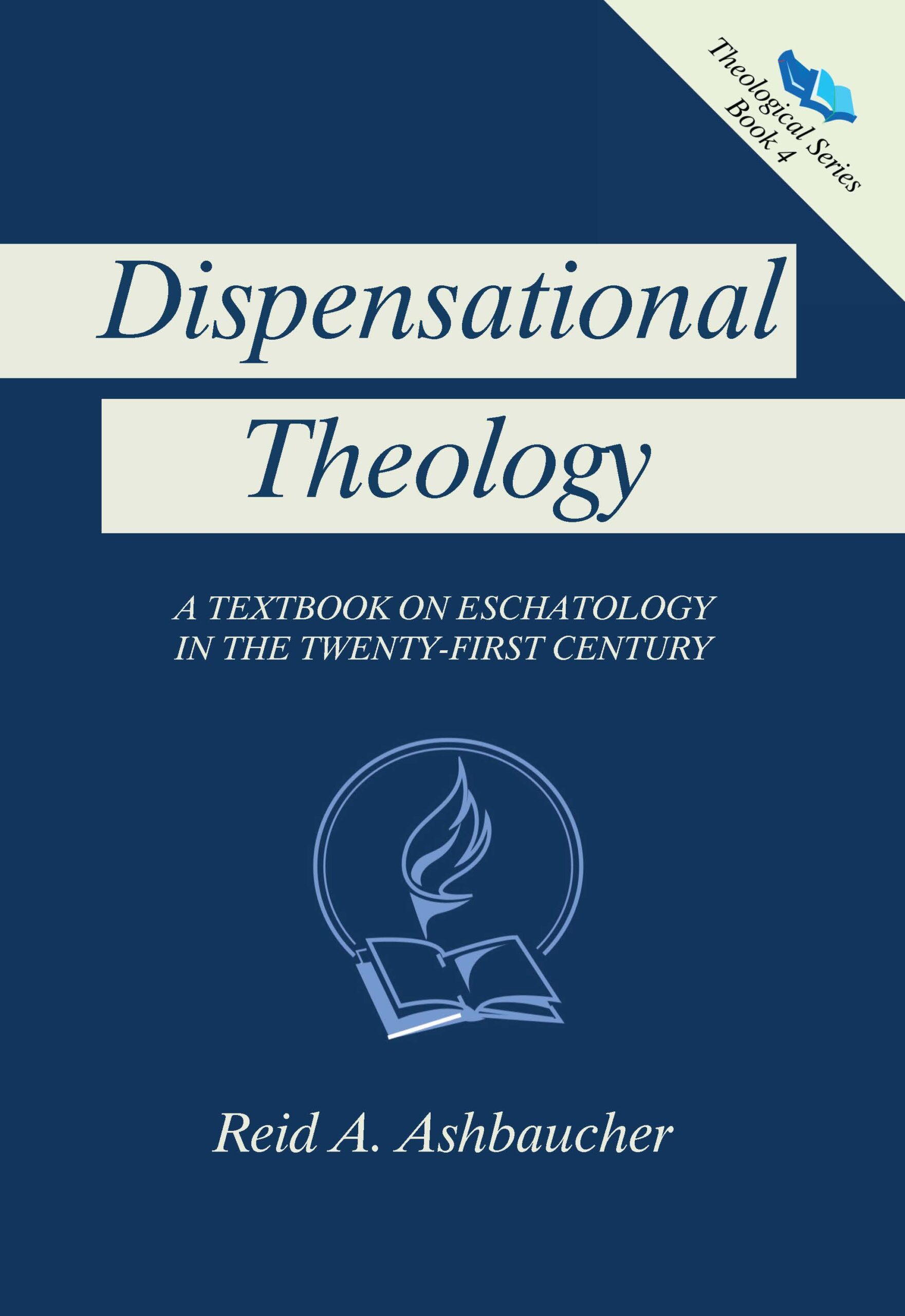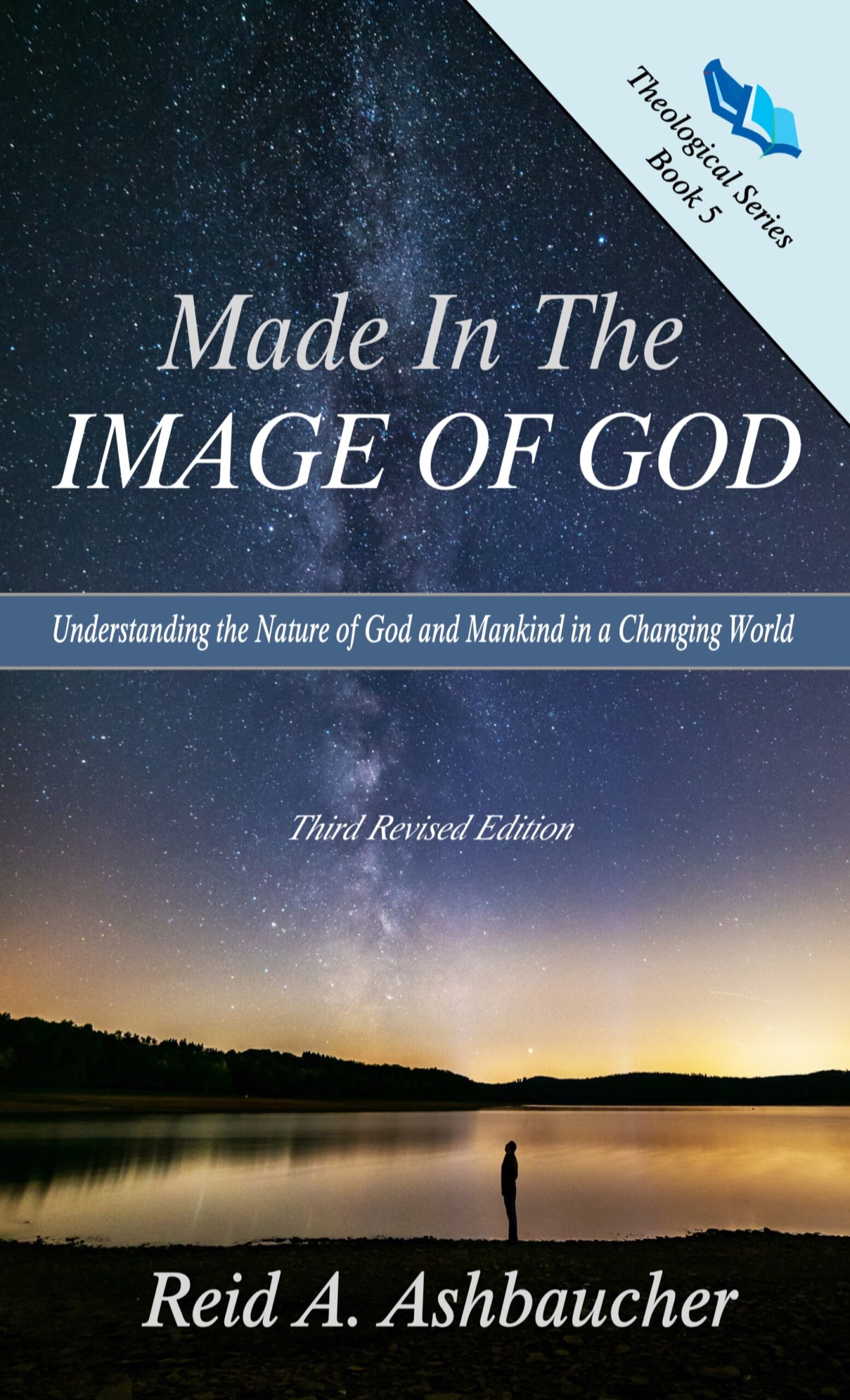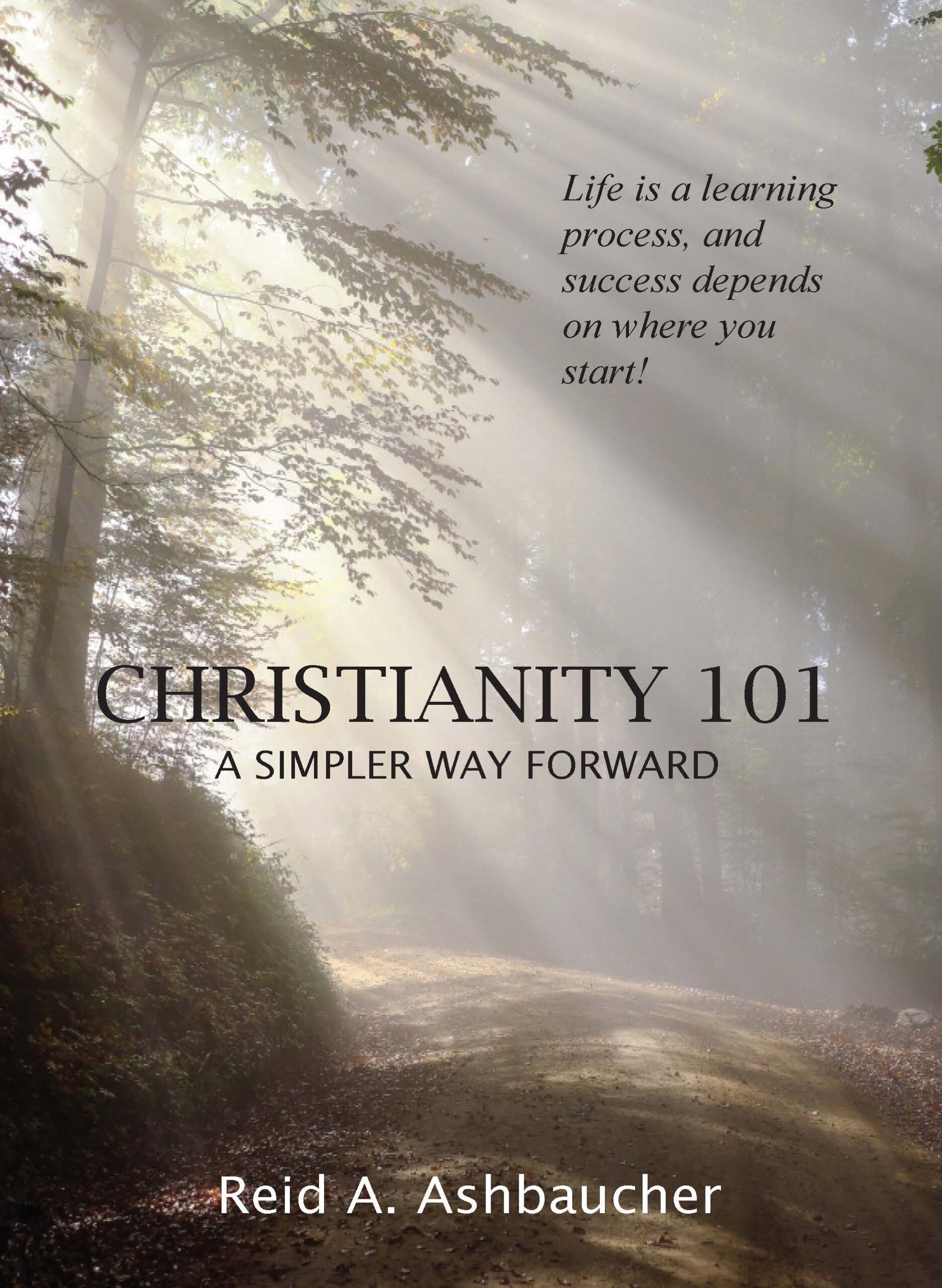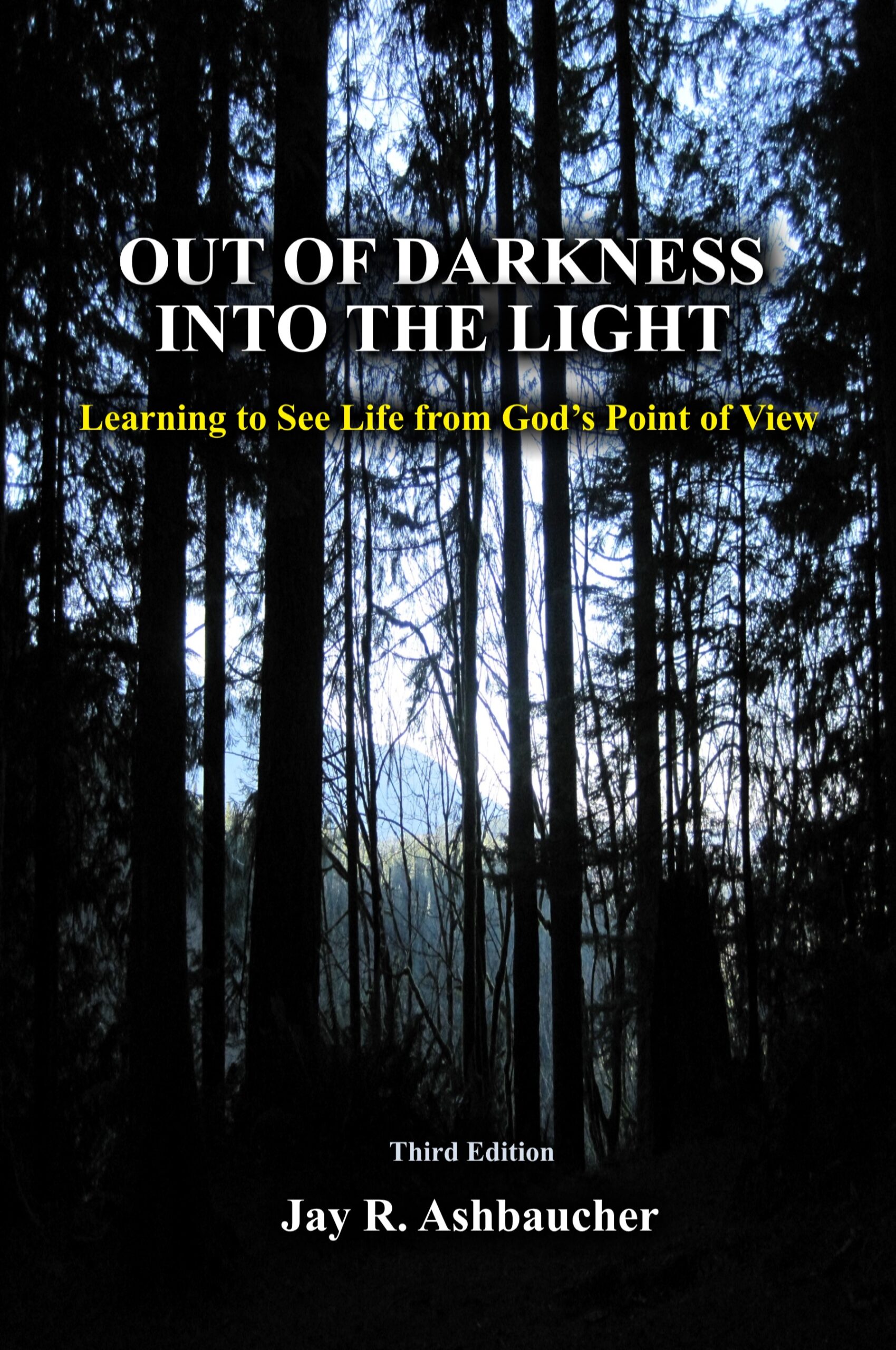February 1, 2022 | By Jay Ashbaucher
Working at a drug and alcohol treatment center, I often heard individuals say, “I was living in denial”. We all have a problem seeing things we don’t want to see. For many of us, it hurts to be honest and to see who we really are. This article is about each of us seeing what we don’t want to see by listening and learning from others. Sometimes our husband or wife or friends will point out things in our lives that are not good. If they love us, their purpose is to help us get better. We have a choice. We can get defensive, not want to see it, become angry and justify ourselves, deny it, or give reasons why we are that way. On the other hand, we can listen and believe what they say, tell them “Thank you”, choose to work on the problem, become a better person, and preserve loving relationships. But we can’t get better if we choose not to see what we don’t want to see (Proverbs 27:5; 15:31; 28:13).
Jesus said, “I am the light of the world, the one who follows me will not walk in darkness but will have the light of life” (John 8:12). Jesus came into this world to enable the blind to see, and that does not mean only the physically blind. In John 9:24-41, an interesting exchange takes place between a blind man, some religious leaders, and Jesus himself. Jesus had healed a physically blind man. The religious leaders listened to the man’s story of how he was healed, but would not believe it. They called Jesus a sinner, but did not see their own sins. Later, Jesus found the healed blind man and offered him the opportunity to be healed spiritually by revealing who he was and inviting the man to believe in him. Jesus made it public that he came so that the blind could see, but that those who think they see are actually blind. The religious leaders heard this and said, “We are not blind too are we?” Jesus answered them, “If you were blind you would have no sin; but since you say, ‘we see’, your sin remains”. The blind man knew he was blind, so he came to Jesus for help. The religious leaders, if they knew they were blind, would also have come to Jesus for help. But there were things they did not want to see and believe about Jesus, or themselves. They did not want anyone pointing out that they were wrong. They only saw themselves to be right, so they remained blind and their hurtful ways remained in them.
Both unbelievers (2 Cor. 4:3-4) and believers in Christ (Revelation 3:15-19) can be blind and not want to see the truth. Jesus connects repentance with believing the gospel message of salvation (Mark 1:14-15). Why does Jesus say to repent prior to believing his good news? Because “to repent” implies that we have finally seen certain wrongs in our life that are destroying us and our relationships. Repent means, “I don’t want this in my life anymore; I want to change and be the kind of person God created me to be.” Only when we are open to see what we don’t want to see can we be changed and experience being created by God into a new person (2 Corinthians 5:17, 21). Blessed are those who are willing to see the truth about who they are, both the good and the bad, and who want to live as God has intended. God wants to equip us now for living in the coming new world where love, goodness, and peace will be complete.
When we listen to God’s message and believe in his Christ, he gives us the Holy Spirit to help us change (Ephesians 1:13-14). By giving us his Holy Spirit, we receive a new heart that desires to follow and obey him, a new heart that will love him rather than reject him (Ezekiel 12:1-2; 36:25-27). Only by the acceptance of God’s grace can that happen. But God can’t give his grace to those who refuse to see what they don’t want to see (Proverbs 29:1). A good example of people who don’t want to see, and who need to see, is Jesus’ story of the prodigal son in Luke 15:11-32. Sometimes God allows us to experience the destructiveness of our bad choices as the only way to awaken us and bring about an honest desire to be changed for the better.
The Bible says we are to be kind to people, speaking the truth in love (Ephesians 4:15, 29, 32). What does it mean to speak kindness “in love” to people? Certainly it means to tell them good things that will build them up, but also, what if the kindest words we could speak to people are words they don’t want to hear? Which is kinder, telling a person whom we love the truth, or letting them continue in their destructive behavior, hurting themselves and others? Be advised, however, that telling others their fault requires wise understanding and can be a dangerous thing to do, especially if we want to preserve a relationship. Concerns, cautions, and wisdom certainly need to be observed when approaching others to help them see what they don’t want to see. But as those on the receiving end, we need to welcome peoples’ comments as a means of God’s grace to awaken us so that we can escape things we don’t want to see that are hindering good relationships with God, self, and others.
The treatment center I spoke of at the beginning of this article was helping drug users to become free of their addiction through the twelve-step program of Alcoholics Anonymous. This program says that in order to get well, they need to get honest about themselves and turn their will and lives over to the care of God as they understand him. How does God help us? His Spirit is given to live in us and remind us when we are wrong. God loves us and disciplines us. His discipline is not fun, but is designed to make us holy, that is, to become perfect as he is perfect (Hebrews 12:6-11; Matthew 5:48). God also gives us the Bible to teach us the truth about his ways and about who we are. For example, in Proverbs 12:1 (NLT), God says, “To learn, you must love discipline; it is stupid to hate correction.” A person who resents and rejects knowledge and correction is senseless, brutish, ignorant, dull, without wisdom and understanding, does not want to see, and thus remains in destructive ways that will sooner or later lead to more and greater troubles. The wise person is humble, welcomes correction, and benefits from it. A writer, Wendell Berry, is credited with saying, “The teachers are everywhere. What is wanted is a learner.”


